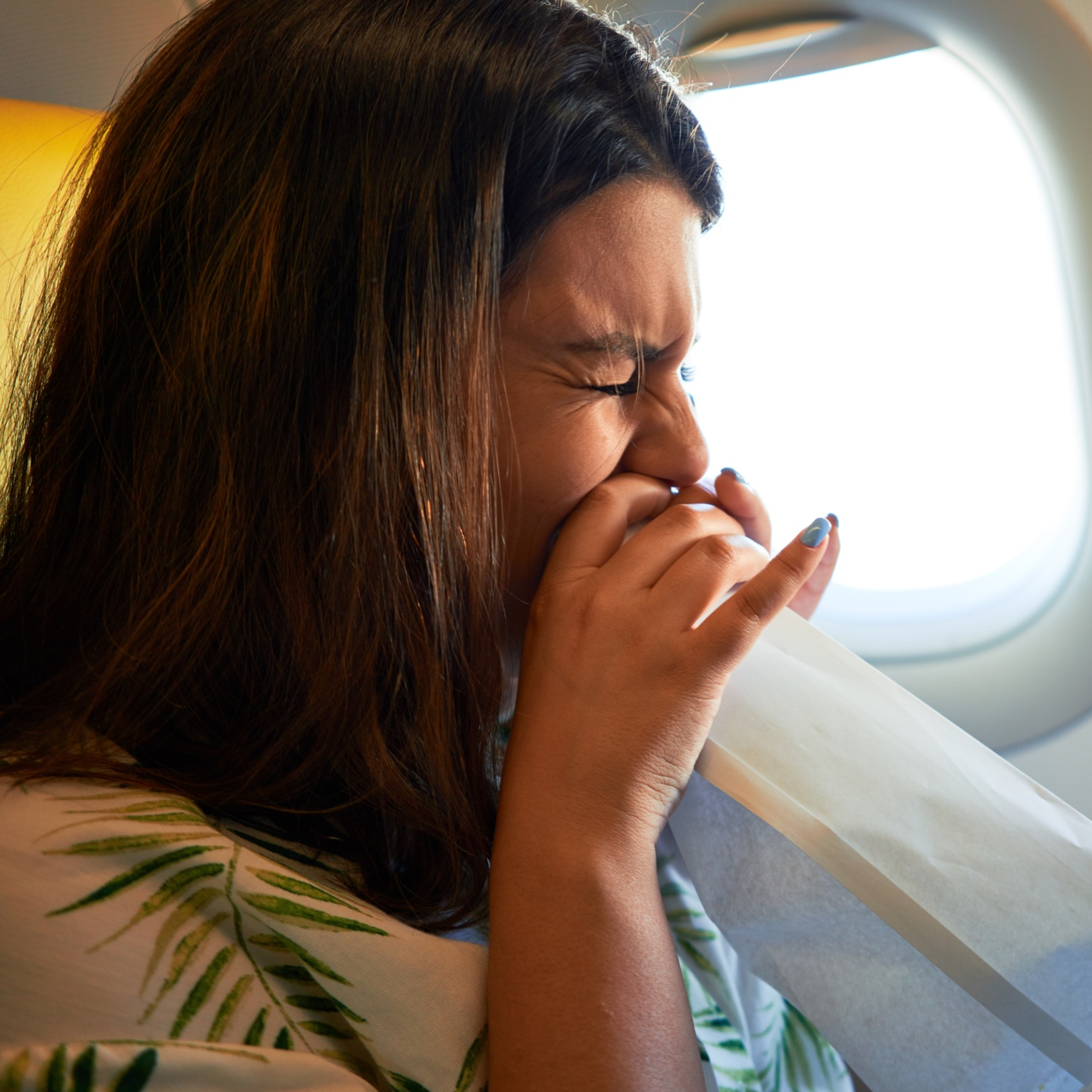Five Tips to Overcome the Fear of Flying
Posted by Posted by BAS | Aircraft Salvage Experts on May 2nd 2023
Flying has always been a fascinating experience for those not used to reaching the skies and sailing the clouds, yet taking a ride in an airplane for the first time can be a dreadful experience. Sometimes the dread can overshadow the dream of becoming a pilot.
Most fears related to flying are experienced during take-off, climb, and because of steep turns. Below are some tips for subsiding your fears about flying.
1. Convince Yourself It's Safe
The fear of flying comes from the justification that airplanes are "dangerous". The truth is that air travel is the fastest and safest means of transport.
Although aviation accidents can be fatal, they rarely occur. According to aviation experts, the chances of dying in a plane crash are one in 11 million.
Unfortunately, you might have seen the news of a plane crash at one point, and your brain sticks to believing that flying is hazardous.
The chances of an aircraft falling from the skies are meager. Yet, daily, the skies receive more than 100,000 flights worldwide, ferrying more than 6 million people. Changing your mentality when flying may be vital to planning to travel as a passenger or looking to start your flying career as a crew member.

2. Distract yourself During the Flight
Flying is sometimes inevitable. As much as you may want to avoid flying, the convenience may make flying inevitable. Your reluctance and discomfort begin in the brain, so distraction from departure to arrival may help. You can always engage your brain with complex or simple tasks.
If you are a fan of music, carry your headphones with you. If you are a fan of video games, have several on your mobile phone that will keep you busy throughout the journey. If you are an art lover, you can always scribble your ideas on paper during the cruise phase. The point is to trick your brain into becoming comfortable.
However, if you plan to be a pilot, you must face your fears head-on. Distractions in the cockpit could be catastrophic, especially during solo flights.
3. Exposure Therapy
Exposure therapy is a psychological treatment designed to help people face and control their fears. During treatment, people are exposed to their fears until they get comfortable.
If you have never flown before, during exposure therapy you will take your first flight. Six million people fly every day around the world. You might fall in love with the skies after your first experience.
4. Breathe Through Panic
Panic is less likely to set in when the flight you are on is routine and everything is smooth. However, turbulence can quickly interrupt this comfort. In most cases, passengers only experience moderate or light turbulence because modern airliners have the technology to detect and avoid thunderstorms. However, even light turbulence can be enough to trigger panic in a nervous flier.
Despite its sophistication, the aircraft cannot detect clear air turbulence that occurs without thunderstorms. Therefore, clear air turbulence can merely be anticipated when looking at the weather along a route.
If you are in a clear-air turbulence event, try remaining calm and focus on breathing. Deep breaths will relax your tensed-up body.
Aircraft are also designed and developed to withstand intense force and can easily maneuver through moderate and light turbulence.

5. Walk Into the Airplane with Knowledge
Knowledge is power, and confidence is vital. Knowledge gives you the confidence to tackle new challenges. If you are a nervous flier, you need to equip yourself with a basic understanding of how flying is the safest means of transport. Every pilot was nervous when they undertook their first flight on an aircraft.
Still, most of them finish the flight as they are already equipped with safety standards and theoretical knowledge of how planes fly. So take the time to indulge in some of the basics of flying.
A lack of knowledge and familiarity with the aircraft further fuels anxiety. Once you become aware of the wisdom behind flying, you will be in a better position to manage your anxiety.
Bottom Line
Flying is one of the best experiences humans enjoy today. However, for most new fliers, it is inevitable to have anxiety about flying. Some people are passionate about taking up an aviation career, but their fear of disaster shutters their willingness. Yet, flying is the safest means of transport and is available to everyone.
Knowing how to manage flight-induced nerves is essential if you want to pursue a career that will mean flying frequently. Convince yourself it's safe, distract your mind, stay calm, and give yourself the knowledge during each flight, and you will soon begin to enjoy sailing the clouds.

